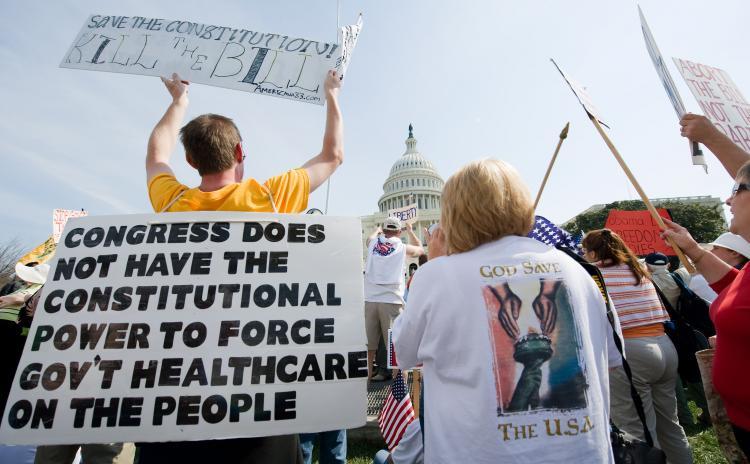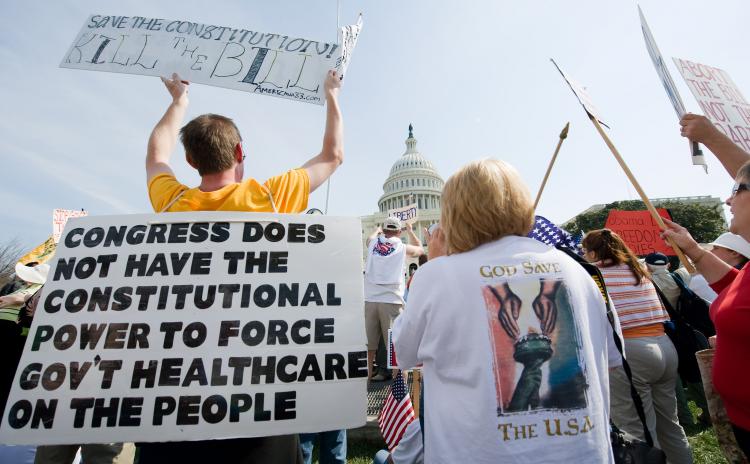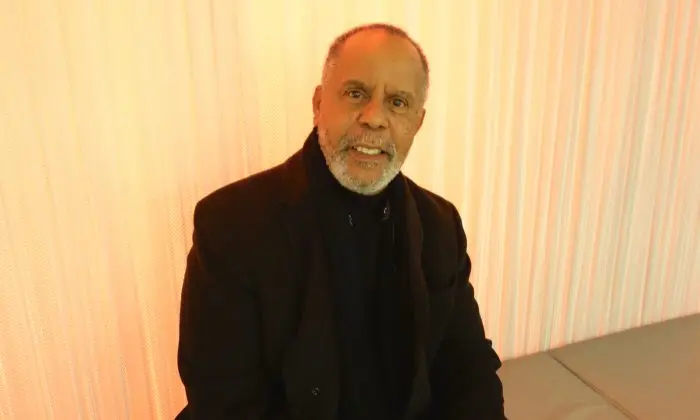A Florida federal judge ruled on Monday that the entire health care reform bill championed by President Barack Obama is unconstitutional.
Judge Roger Vinson of the United States District Court for the Northern District of Florida issued a 78-page opinion declaring The Patient Protection and Affordable Care Act, signed into law in March 2010, void in a blow to the legality of the landmark law.
Vinson cited the US Constitution’s Commerce Clause in ruling that Congress and the federal government cannot force individuals to buy health insurance, a provision in the law called individual mandate.
“Congress exceeded the bounds of its authority in passing the Act with the individual mandate,” Vinson said.
Although individual mandate is one of many provision of the law, Vinson argued that the whole law should be thrown out due to a lack of a severability clause, which would have prevented courts from striking down the whole law if one section was deemed illegal.
“Because the individual mandate is unconstitutional and not severable, the entire Act must be declared void,” Vinson wrote in his ruling.
Individual mandate, one of the last requirements in the bill scheduled to take effect, would require all Americans to carry health insurance or face penalties. The penalties would be applied to paying for the health insurance, according to healthcare.gov, a federal website explaining the bill.
Last month, a Virginia federal judge also struck down the individual mandate, but the previous ruling did not go so far as to deem the whole law unconstitutional.
‘Judicial activism?’
Since passage of the health care reform law, 26 states and other citizens and groups have filed lawsuits in attempts to overturn the law.
Vinson’s is the most sweeping legal ruling against it, and the White House and the Department of Justice responded swiftly to the ruling, arguing that Judge Vinson’s ruling was “judicial activism” and announcing that the Obama administration planned to appeal the ruling.
“This ruling is well out of the mainstream of judicial opinion,” Stephanie Cutter, Assistant and Deputy Senior Advisor to the President, wrote in a White House blog post.
“Today’s ruling [...] is a plain case of judicial overreaching,” she added, saying that White House officials are “confident our arguments will carry the day and the health reform law will continue to make the health care system stronger for all of us.”
Two unnamed White House officials told CBS News that they found the judge’s analysis “unconventional” and that the ruling was an “outlier.”
The Department of Justice plans to appeal the ruling to the Eleventh Circuit Court of Appeals, and maintains the constitutionality of the law.
“There is clear and well-established legal precedent that Congress acted within its constitutional authority in passing this law and we are confident that we will ultimately prevail on appeal.” Tracy Schmaler, Deputy Director of the Office of Public Affairs at the Justice Department, wrote in a blog post.








Friends Read Free